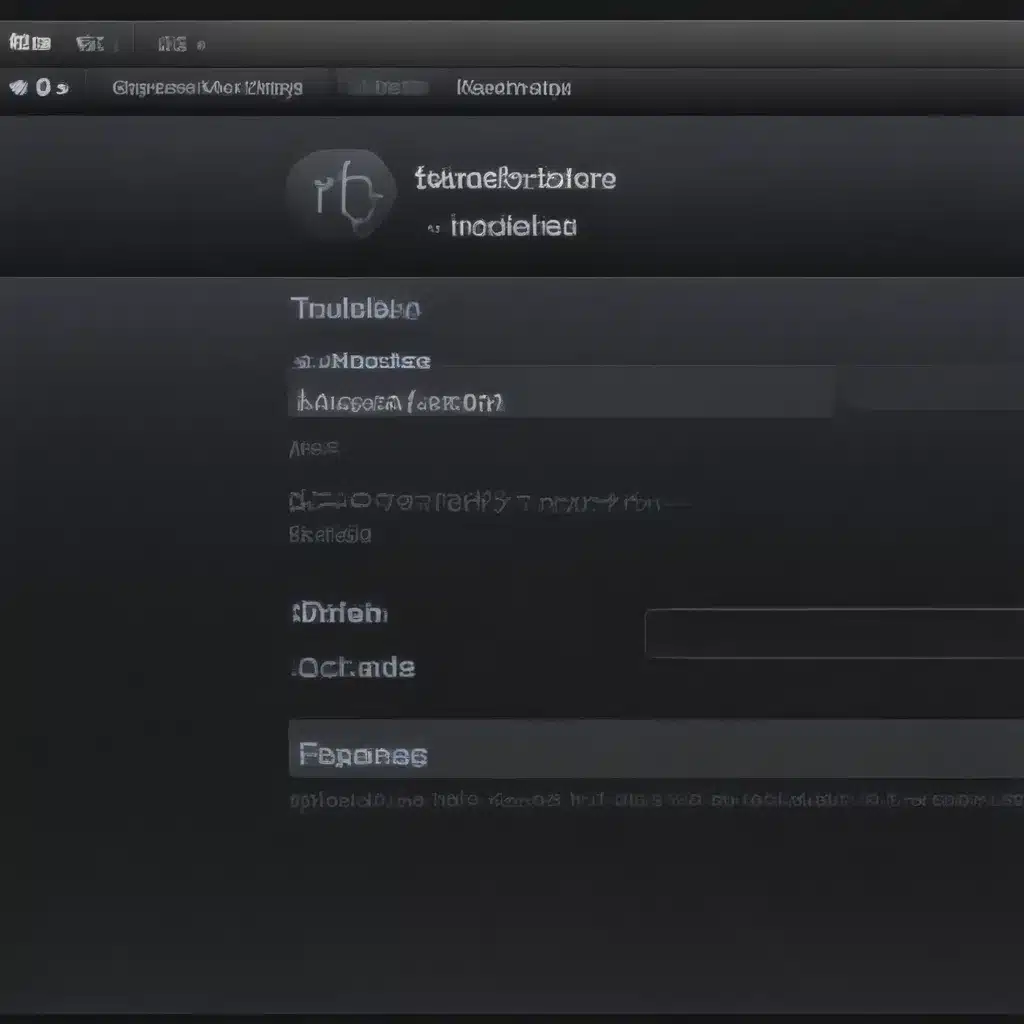Introduction
In the digital age, backing up data is more important than ever. As someone who relies on my computer for both work and personal use, I need to make sure my files are securely stored and easily accessible. In this article, I will compare the pros and cons of using online storage versus external hard drives for backup.
Cost
The most obvious difference between online storage and external drives is cost.
Online storage services like Dropbox, Google Drive, and iCloud offer plans with monthly or yearly fees based on how much storage space you need. The more space you use, the more you pay.
External hard drives have upfront costs based on drive capacity but no recurring fees. A 2TB portable hard drive costs $60 to $100 on average. That’s a one-time fee for unlimited backups.
Key Points
- Online storage has recurring subscription fees.
- External drives have a single upfront cost.
So if I only need a small amount of space, online storage is more affordable. But for large backups, an external drive costs less over time.
Convenience
Online storage makes backing up and accessing files extremely convenient from anywhere. As long as I have an internet connection, I can get to all my data from my laptop, phone, tablet, or any web browser.
External drives require me to connect the drive to my computer physically with a USB cord. This isn’t a problem for backups, but makes accessing files less convenient compared to cloud storage.
Key Points
- Online storage allows access anywhere with an internet connection.
- External drives require a physical connection to a computer.
Security
When weighing backup options, security is a top concern.
Online storage services encrypt data to prevent unauthorized access. However, storing data on remote servers brings risks like hacking and leaks.
Backing up locally to an external drive keeps data more secure. I have full physical control over the device. Encrypting the drive provides added security without relying on a third-party service.
Key Points
- Cloud storage faces threats like hacking and leaks.
- Local backups give me physical control over data.
So for anyone storing sensitive personal or business data, external drives are the safest choice.
Reliability
Losing access to my backups due to hardware failure or a service outage would be disastrous.
Online storage provides excellent redundancy across globally distributed data centers. Even if one server fails, I can instantly access my data from elsewhere. Most services guarantee 99.9% uptime.
External drives have no such redundancy. If the drive breaks or is damaged, I lose my backup unless I made a secondary backup on another drive. Manufacturers typically offer 1 to 3 year warranties.
Key Points
- Cloud storage offers excellent redundancy.
- External drives have a single point of failure.
Capacity
For large backups, storage capacity is a limiting factor.
Most online storage services only allow 1 TB of storage space for individual users. Business plans offer expanded capacity for increased cost.
External drives are available in capacities up to 10 TB for a single drive. Higher capacity means I don’t have to worry about running out of space for all my backups.
Key Points
- Cloud storage capacity is limited, often to 1 TB.
- External drives are available up to 10 TB.
So for managing terabytes of data, external drives offer significantly more storage potential.
Backup Features
Backup software can simplify the process of protecting your data.
Many online storage services like iDrive and Acronis have integrated automatic backup software. Once configured, backups happen seamlessly in the background without any work on my part.
Most external drives do not come with backup software. Instead, I need to purchase and install a separate program to automate backups.
Key Points
- Online storage usually includes backup software.
- External drives require installing separate backup software.
So while I have more control over my backup process with an external drive, online storage simplifies protecting my data with no extra effort.
My Recommendation
For a balance of security, reliability, and value, I recommend a two-pronged approach:
-
Use an external drive as the primary backup for important data. This ensures files are secured on a local device I control.
-
Supplement with a small online storage plan to remotely access files and add an extra layer of redundancy.
This provides excellent security with the convenience of cloud access for non-sensitive files. Following this approach takes some extra work but gives me peace of mind knowing my data is fully protected.
Conclusion
Backing up to online storage and external drives both have important advantages. Online services provide easy automated backups, universal access, and redundancy. External drives are more affordable long-term, offer larger capacities, and keep data under your control locally. Using each solution for what it does best provides robust data protection. With a secure backup routine, I can keep my files safe without worrying about disaster striking my computer.













